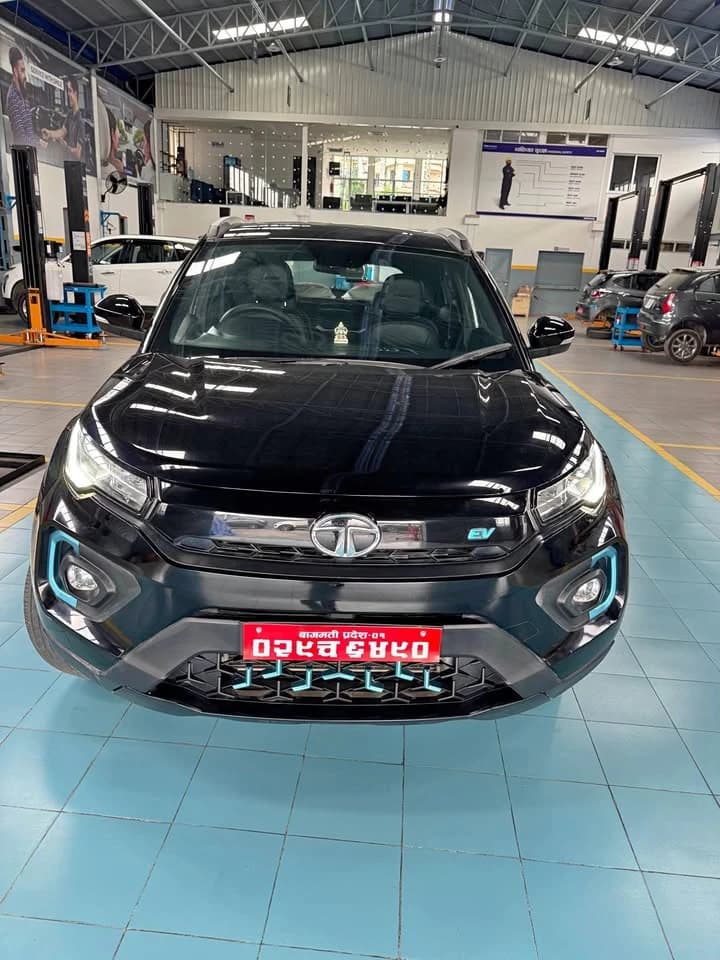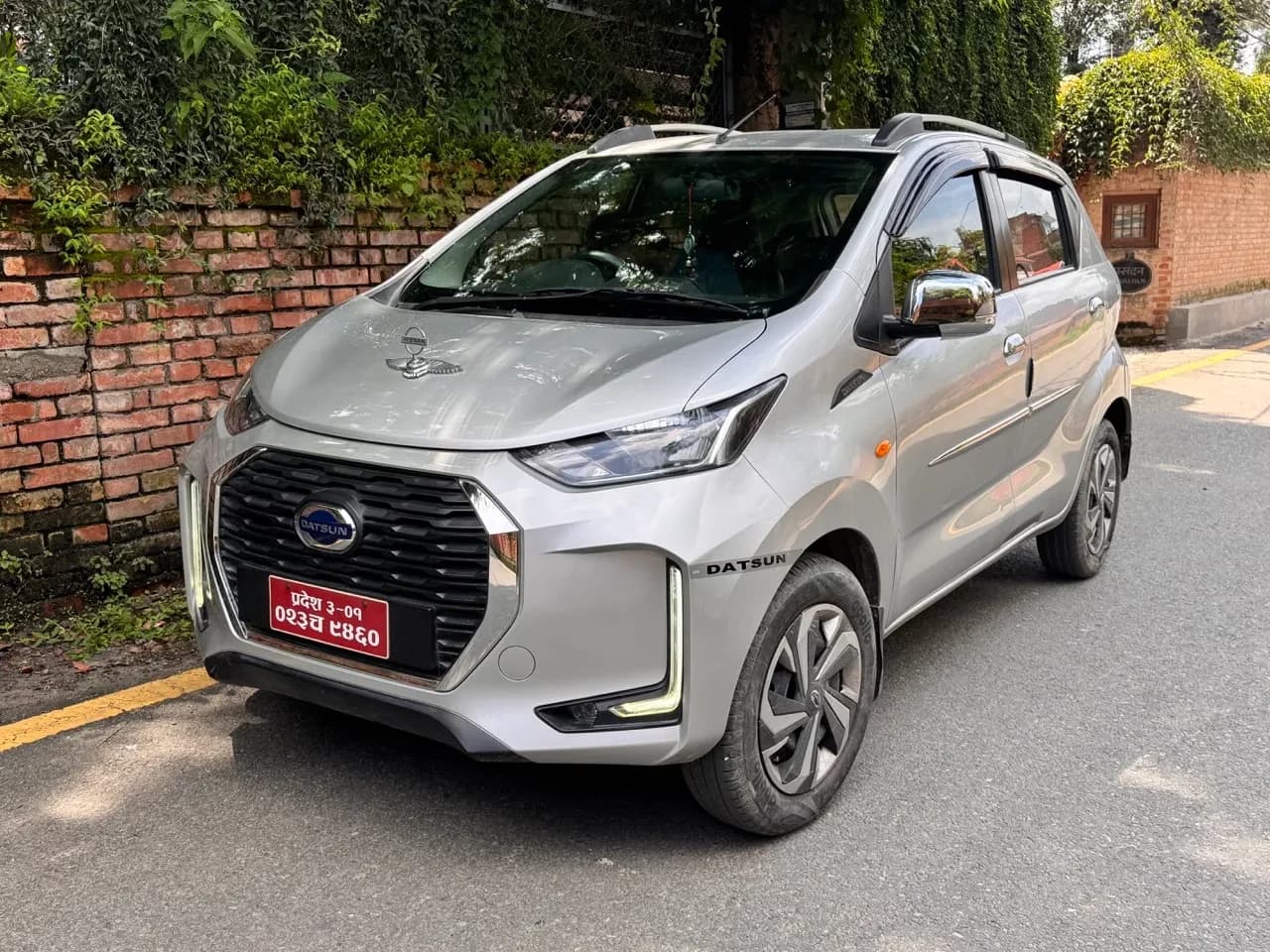Buying a Used Car Made Easy: Your Go-to Guide
December 29, 2023
14 min read

Share On
Share your thoughts
Latest Used Cars
Browse our latest used cars for sale at great prices
Popular Category
Popular Car Models:
Hyundai Creta |
BYD ATTO 3 |
TATA NEXON |
Hyundai Grand i10 |
TATA Tiago EV |
Maruti Suzuki Swift Dzire |
TATA Nexon EV |
Kaiyi e Qute
Popular Electric Car Models:
BYD ATTO 3 |
TATA Tiago EV |
TATA Nexon EV |
Kaiyi e Qute |
Deepal S07 |
MG ZS |
BYD Atto 1 |
BYD Dolphin
Meromoto, leading car marketplace in Nepal
Meromoto.com is a technology and data science company that facilitates automobile buying and selling online through a combination of our asset-light automobile e-commerce platform along with a technology-driven vertically integrated proprietary ecosystem of products and services for the automobile industry. We are Nepal’s leading automobile search venture that helps users buy vehicles that are right for them. Our website and app carry rich automotive content such as expert reviews, detailed specs, prices, and comparisons as well as videos and pictures of all car brands and models available in Nepal. The company has tie-ups with many auto manufacturers, more than 4000 car dealers, and numerous financial institutions to facilitate the purchase of vehicles.
Nepal's #1
Largest Auto Portal
Vehicles Sold
1000+ nationwide
Offers
Stay updated pay less
Compare
Decode the right car

















